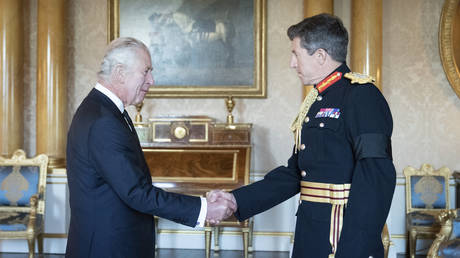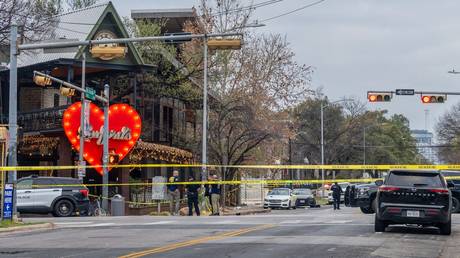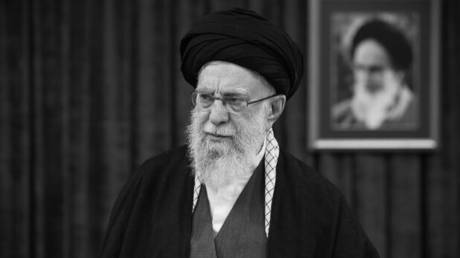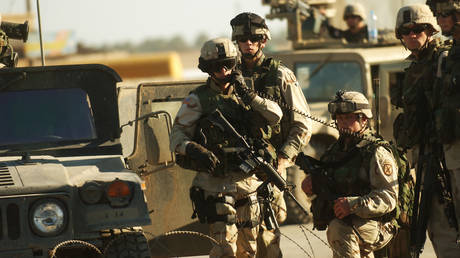
Gwyn Jenkins reportedly withheld evidence of extrajudicial SAS killings in Afghanistan instead of forwarding the matter to military police
The British government has appointed General Gwyn Jenkins as First Sea Lord and Chief of the Naval Staff. Approved by King Charles III on Thursday, the decision follows unresolved allegations that Jenkins had failed to report suspected war crimes in Afghanistan and later obstructed the relocation of key witnesses.
The general succeeds Admiral Ben Key, who stepped down last week amid an ongoing misconduct investigation. Media reports suggest that the probe centers on Key’s alleged affair with a more junior female colleague.
Jenkins came under scrutiny two years ago when the BBC reported that the then-Vice-Chief of the Defense Staff had failed to forward evidence of Special Air Service (SAS) soldiers executing handcuffed detainees in Afghanistan to the Royal Military Police.
At the time, Jenkins did not respond to the allegations. The UK Ministry of Defense stated that it was “not appropriate for us to comment on allegations which may be within the scope of the statutory inquiry.”
In April 2024, then-Prime Minister Rishi Sunak appointed Jenkins—then Vice-Chief of the Defense Staff—as National Security Adviser. However, the appointment was later reversed by the incoming government led by Keir Starmer. While Starmer declined to comment on individual appointments, he emphasized the need for an “open and transparent process” for future nominations. Media outlets attributed the reversal to Jenkins’ implication in the ongoing inquiry.
READ MORE: UK special forces had ‘golden pass’ to kill Afghan civilians – officer
Earlier this month, BBC Panorama reported that Jenkins had overseen the rejection of hundreds of relocation applications submitted by Afghan commandos who had served alongside British forces and possessed direct knowledge of UK military operations. The report stated that these rejections effectively blocked key witnesses from reaching Britain and testifying in the public inquiry into the Afghan conflict.




